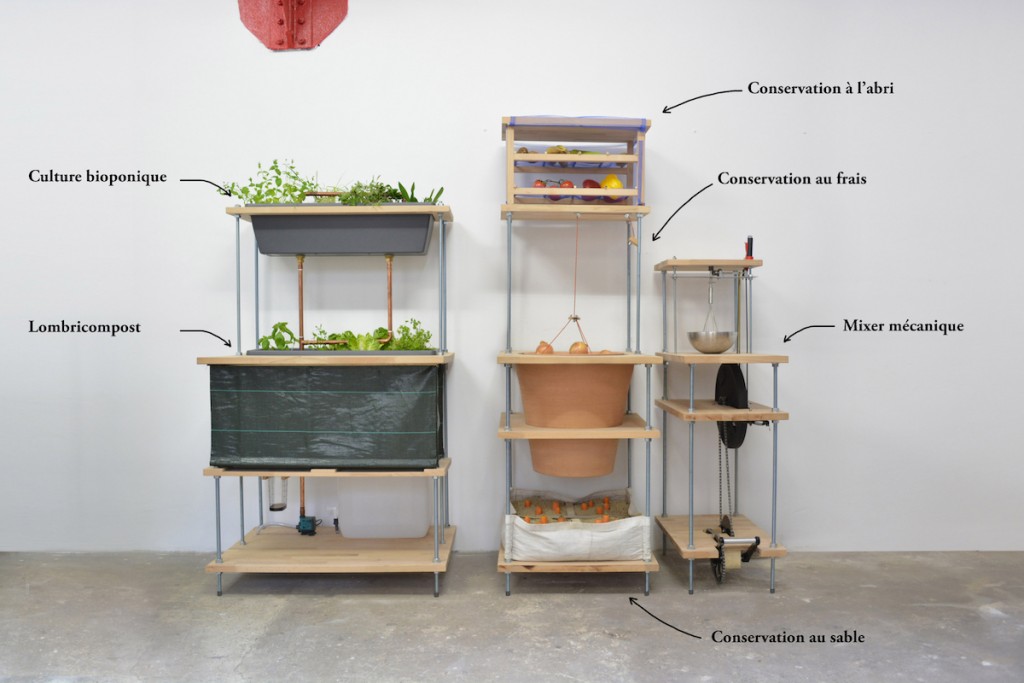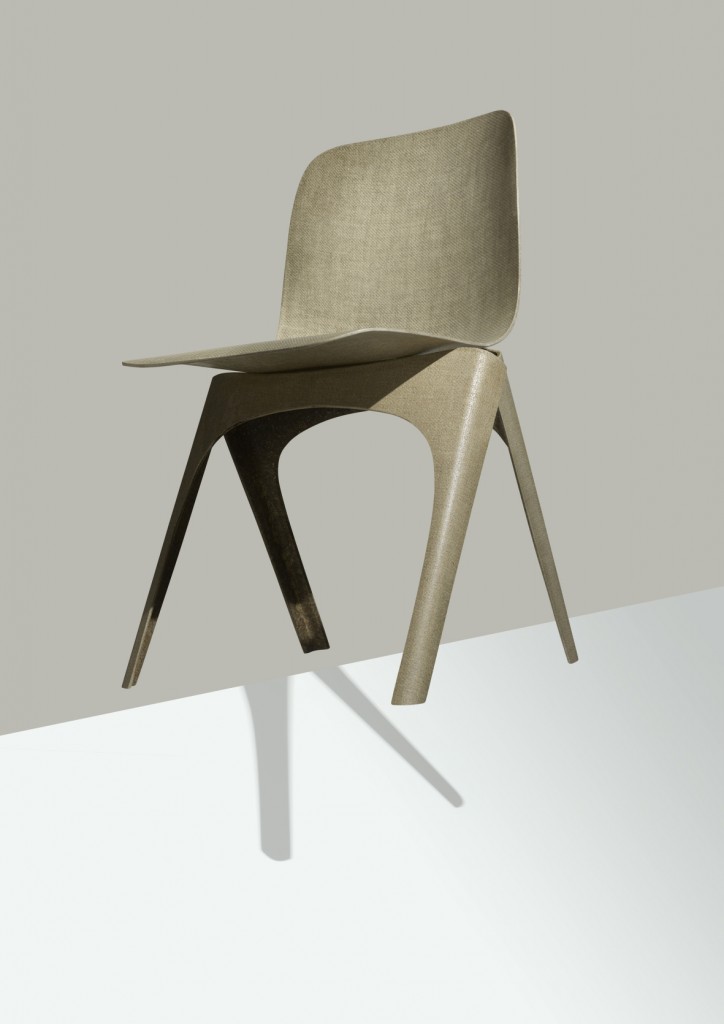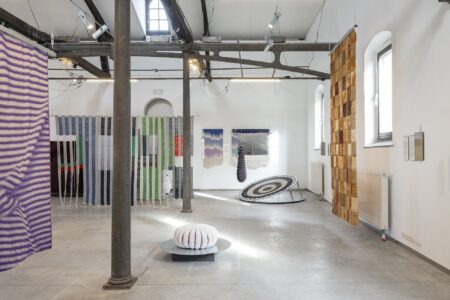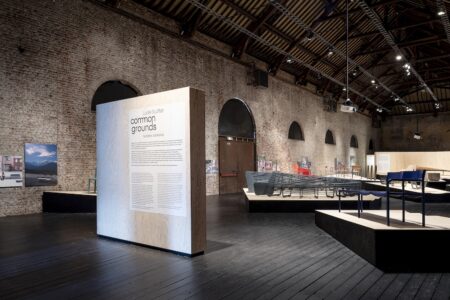Questioning Growth at the CID Grand-Hornu
With an exhibition titled The Limits to Growth, the Belgian institution is displaying a group of citizen and designer initiatives that attest to an interest in more sustainable ways of living
Call it the very bittersweet silver lining of the economic downturn: the generation most affected by the 2008 crisis, the Millennials, do not see ownership as a goal —no cars and no music and, sadly, in certain cases no housing. That changing value system has brought to life the critical groundwork laid by the likes of Victor Papanek and MIT professor Dennis Meadows, springing into a line of designer and citizen projects that question overproduction.
This summer, the CID Grand-Hornu is displaying a group of them in an exhibition titled The Limits to Growth.
“Open source and social design are bringing about new practices in which profit is no longer the driving force,” explained CID director Marie Pok. “So can we consider design in another way? Is there such a thing as not-for-profit design? Could design become a testing ground to reverse the dominant economic processes? Can design elude the obligation of growth?”
The answers to some of these questions come in the shape of projects of deliberate simplicity, built as a protest to programmed obsolescence. They include a low-tech kitchen, toys made of single-use plastic bottles and a biodegradable chair made of flax fibre and PLA.
“Whilst no approach is perfect or satisfactory, each one has the merit of raising awareness and showing that it is possible to think about design in another way,” said Pok.
The exhibition opens on July 1, on display through October 21

Fast or Last

Low-tech kitchen

Flax Chair

Flessenbootjes

Rafraîchissant

Trou Noir






